On April 21, Dr. Joseph B. Martin, Edward R. and Anne G. Lefler Professor, Emeritus of Neurobiology at Harvard University, will deliver a special Bicentennial Holmes Lecture, titled “McGill and Harvard: How the opening of two ‘public’ hospitals became anchors for two great medical schools.” We spoke to Dr. Martin recently about the historic ties between the Montreal and Boston, his Mennonite upbringing, his pioneering neurogenetics research and, of course, hockey.
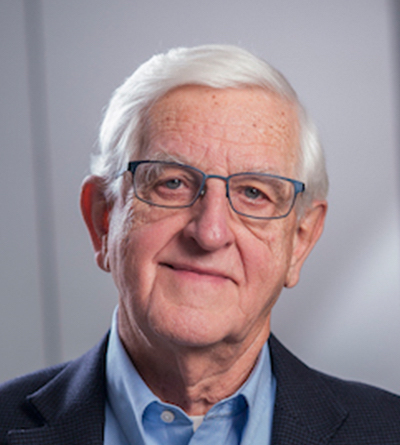
Where did the idea to look into the shared histories of “the two MGHs” — the Montreal General and the Massachusetts General – come from?
I knew the two opened within the same years, in 1821 and 1822, but when I started, I didn’t have any idea where I’d end up. I was taken by several things: the first one is the War of 1812, which delayed the opening of both hospitals. The second is what an import ant role women played in both places – in Montreal it was the Female Benevolent Society – in carrying forward the idea and raising the money. There are remarkable similarities.
I discovered that out of seven directors of the Montreal Neurological Institute, three trained in Boston, including the current head of the MNI, Guy Rouleau. I realized how many McGill people trained in Massachusetts.
Both my grandparents were Pennsylvania Dutch Mennonites who ended up going to Alberta after World War I after they had just opened up this incredible irrigation system that allowed the Prairie to be very fertile with enough water to grow all kinds of grains and alfalfa and so on. I wouldn’t trade growing up in the rural part of Alberta for any anything else. Despite being pacifists, we did a lot of hunting.
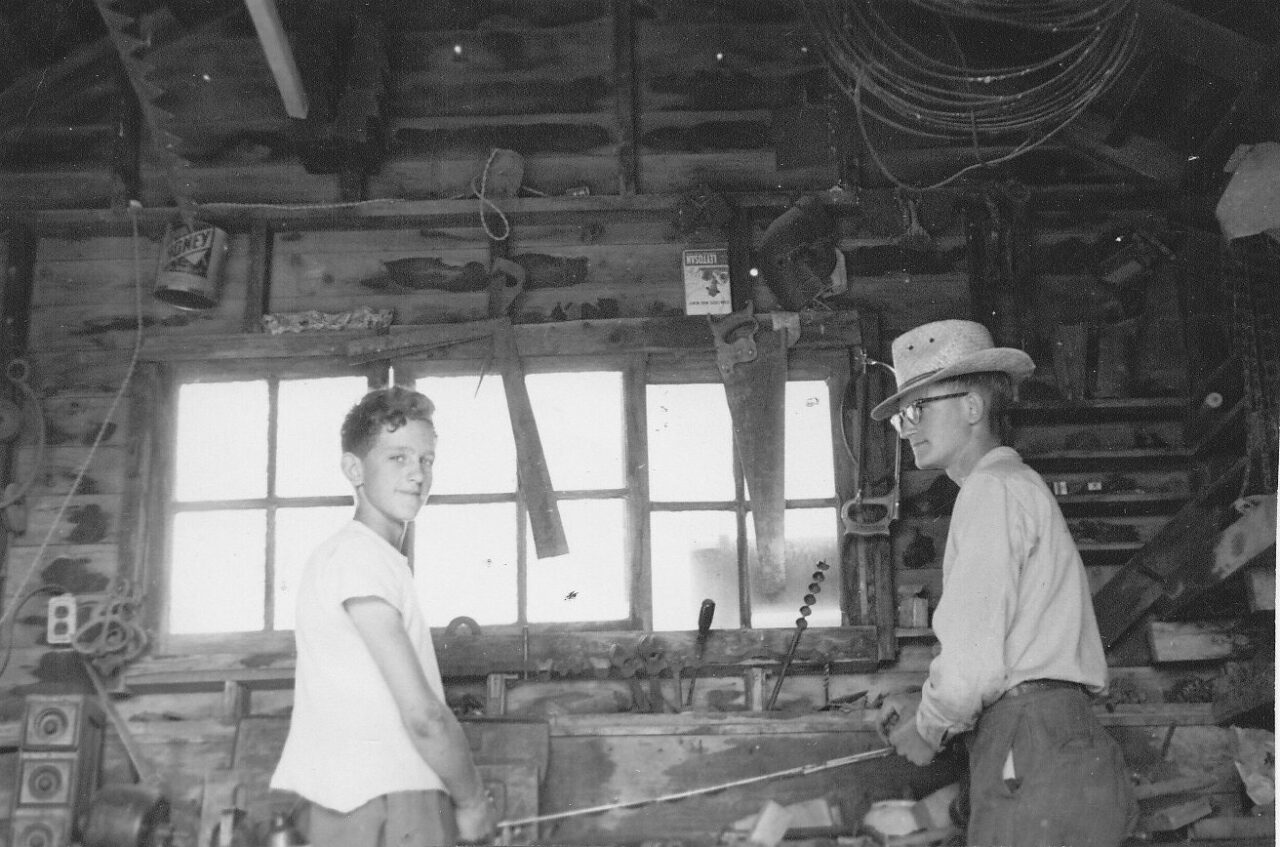
My parents hadn’t gone to college but I knew I wanted to be a missionary doctor, which is a sort of tradition of the Mennonites. We had people working in India and Africa and they would come back and describe their experiences, and so I was going to do that. But then I got to medical school at the University of Alberta and I enjoyed the academic side of it and got a lot of encouragement from faculty. I ended up coming to the US to train in neurology and research
What brought you to Montreal?
I was looking for a job to come back to Canada because I’d been supported by what was called at the time the Medical Research Council of Canada. People in Edmonton assumed that I would come back there, but when I started looking at opportunities in Canada, there was just nothing compared to McGill.
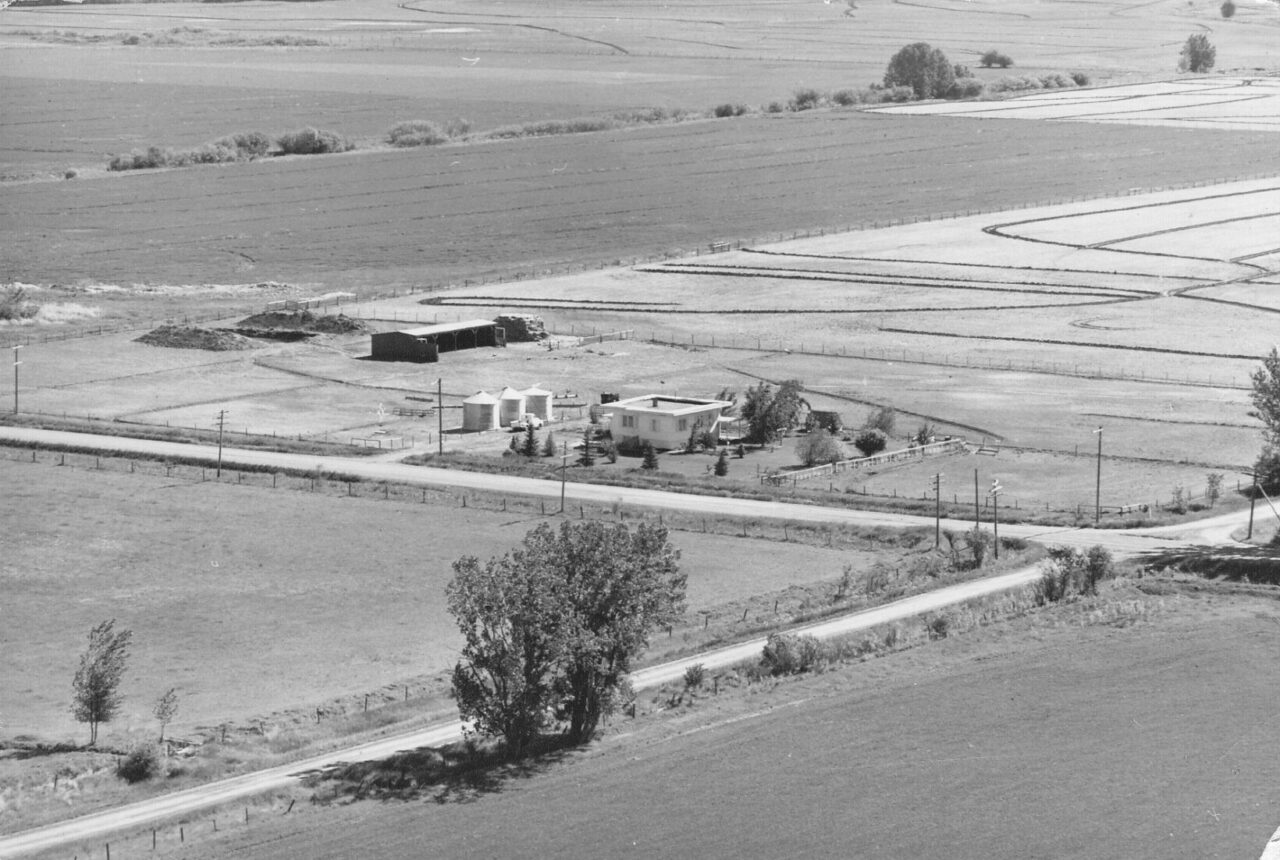
The head of neurology at the Montreal General, Donald Baxter, who had trained in Boston, wanted to create an environment for physician scientists. And the model was that you would be given 75% of your time to do your academic work, whether it was laboratory based or clinical research. And 25% would be teaching on the wards, medical students and residents. That protected time was critical to get your own program going. So it was very clear coming back to Canada that was the place to go, and it just really was terrific. Don recruited an incredible group of people and it became one of the leading neurology research places in Canada.
You left the MGH for The Neuro, and later left Montreal for good. What happened next?
After two years at The Neuro and as Chair of Neurology and Neurosurgery at McGill, I got the offer to go to Harvard and I decided I didn’t want to miss that, so I came down here for 11 years. I was the head of neurology at Mass General, with a Harvard professorship. Then the opportunity to go to the University of California at San Francisco as Dean of the medical school came up and I decided to do that, then later I was Chancellor. Harvard invited us back in 1997 and I became Dean of the medical school. People say I have a high threshold for pain since I was Dean twice.
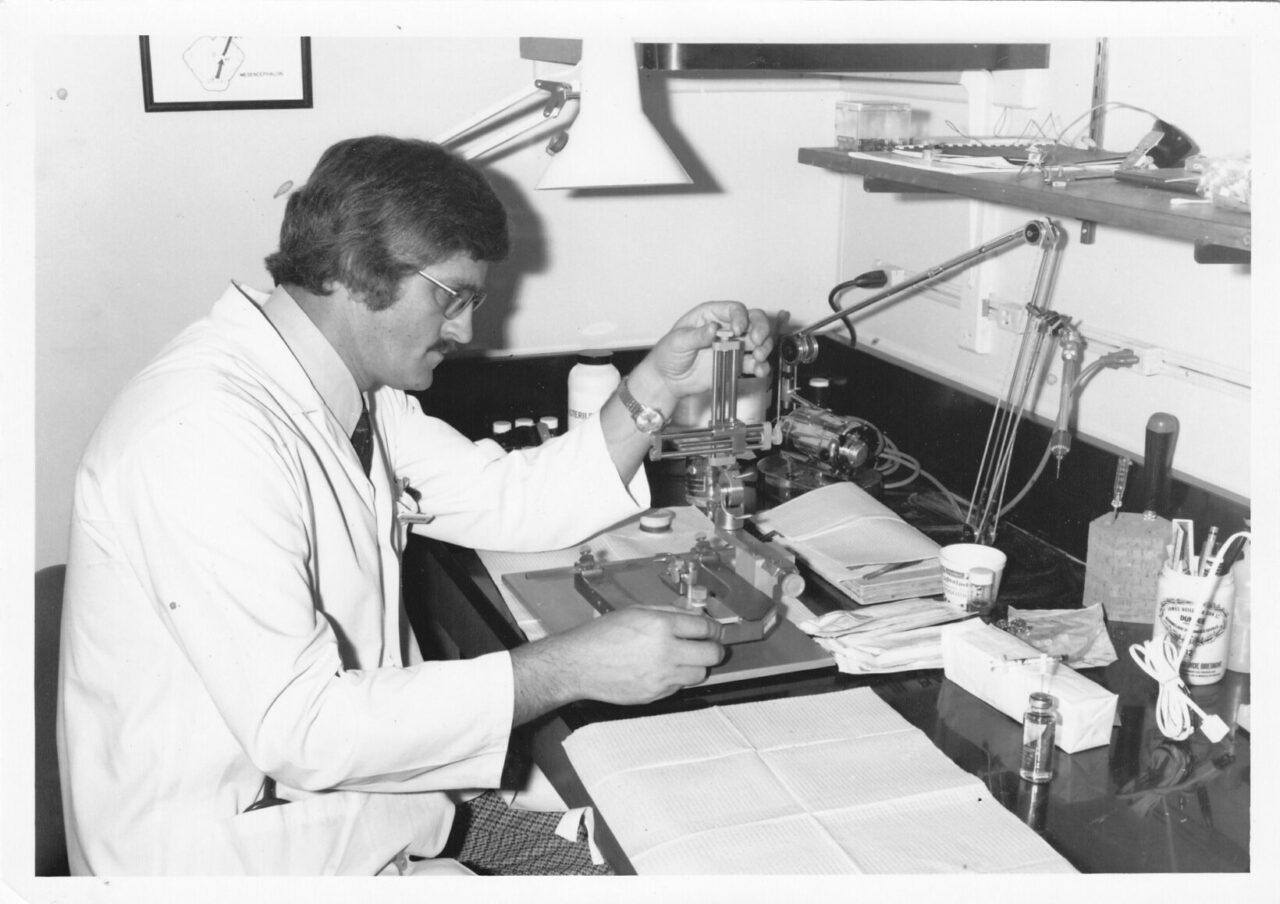
We really loved the free-swinging culture of San Francisco with its wonderful diversity and interesting people and San Francisco is probably the best medical school in the world for both collaboration and research and education. But there’s really nowhere quite like Harvard anywhere in terms of its depth of medical activities. We’ve been very fortunate to be able to enjoy I would say the three best cities in North America: Montreal, Boston, and San Francisco.
Did any of your kids ever end up back in Canada?
One of our sons, Brad, was born in Edmonton and Doug, who is a doctor, went to McGill for his pre-med.
No, it was all about the Montreal Canadiens. He’s a really radical hockey fan, and he still plays hockey at age 52. In my talk, I will touch on hockey because the Montreal Canadiens have been taken care of by Montreal General physicians for the last 70 years – David Mulder and Doug Kinnear. And you might ask, well, who takes care of the Boston Bruins? Massachusetts General doctors take care of them. So another connection. My kids don’t go to Bruins games because it’s not safe to go to hockey in Boston if you’re a Canadiens fan.
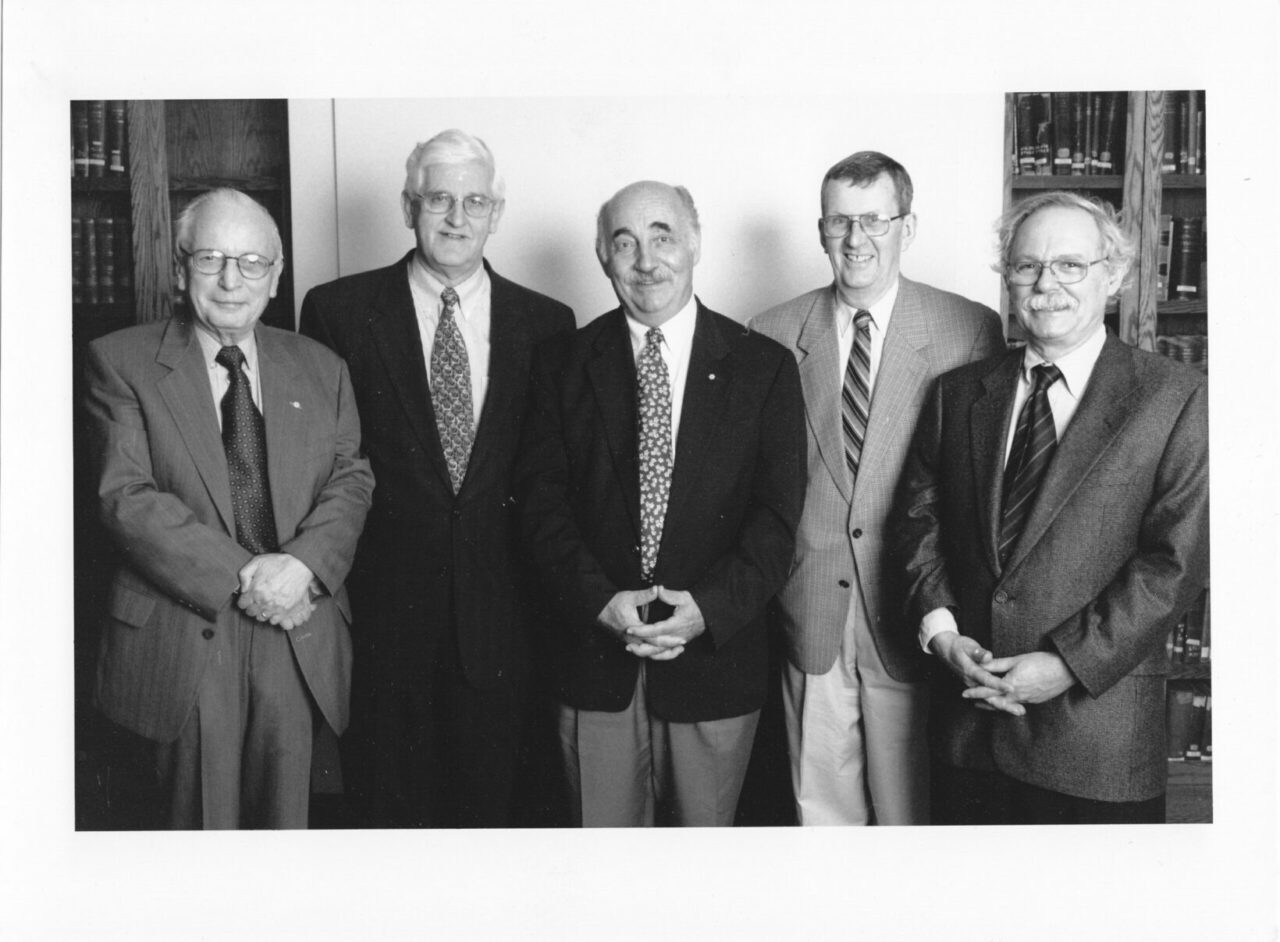
You’ve been at the top of your field as a clinician, as a researcher and as an administrator – looking back, what stands out?
The research opportunities and the things we accomplished at the Massachusetts General. We essentially established the field of neurogenetics and later our group found the gene for Huntington’s disease, and then several of the genes for Alzheimer’s disease and Lou Gehrig’s disease. That for me is the highlight. I’m also very grateful for my Canadian education. The University of Alberta was a terrific medical school in those days and McGill was a place where I was really given the opportunity to fly.
Yes, we have an email cycle that we are on every day with a wonderful group of people that are mostly retired now, with a regular exchange of politics and things. My wife Rachel and I were really looking forward to seeing them on our trip to Montreal for the lecture, but sadly that will have to wait.
The Bicentennial Holmes Lecture takes place on April 21 at 4:30pm. Register for the virtual event here.
Photos courtesy Dr. Joseph B. Martin
